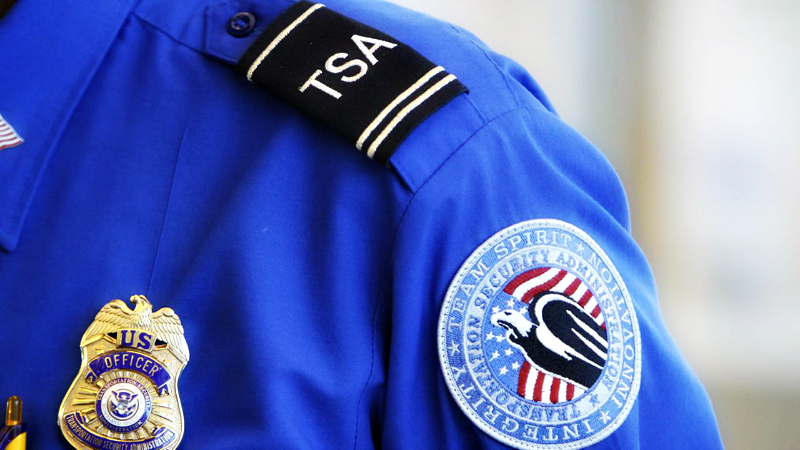If you fly with any regularity, you probably have at least one or two “horror” stories about your experience with the TSA. For nearly all of us, it is a minor inconvenience. Sometimes it could be quite a bit more serious.
Months ago, the inspector general of the Department of Homeland Security wrote that the vetting process used in hiring TSA workers is faulty. The inspector general found that the TSA did not identify 73 individuals with terrorism-related category codes. This is a nice way of saying that these 73 were probably on a terrorist watch list. Sleep well, America.
Part of the problem is the stunning fact that the TSA is not authorized to receive the information vital to do a thorough vetting. The report also talked about the fact that the transportation bureaucracy did not have an effective way of checking on crimes that were committed that would disqualify them from having unescorted access to “secure airport areas.”
Lest you think this is not a major problem, consider what happened in Africa. A bomber boarded an airplane with a device that exploded. He was sucked out of the airplane, and two other passengers were injured. Intelligence officers have now produced video footage from the airport showing airport employees handing the terrorist bomber a laptop before he boarded the airplane.
All of that raises the obvious question. Agents working for the TSA are supposed to be screening us, but who is screening them? This thought crossed my mind in the London airport last week, when a Muslim woman wearing a hijab was the official checking me in order to determine if I would be allowed to board the plane to Dallas.
Some of these concerns go beyond the stories you can find on the Internet when you type phrases like “TSA abuse” or “TSA nightmare stories.” We need TSA to screen passengers, but who is screening the TSA?
 Listen Online
Listen Online Watch Online
Watch Online Find a Station in Your Area
Find a Station in Your Area











 Listen Now
Listen Now Watch Online
Watch Online
